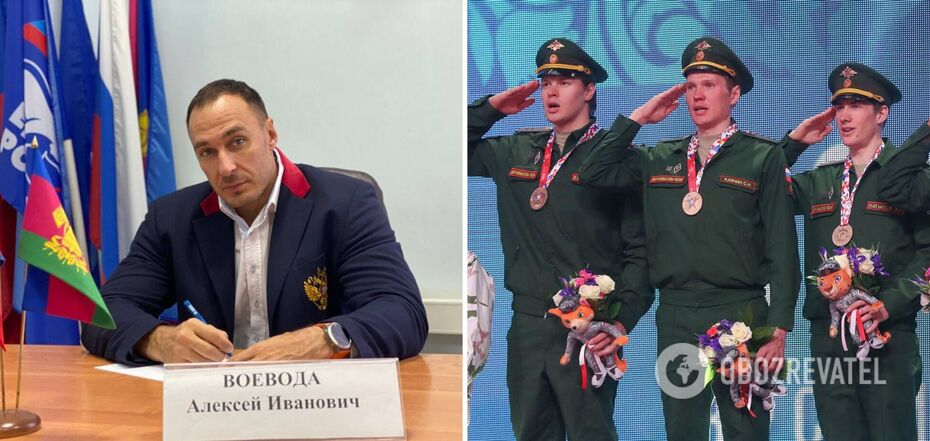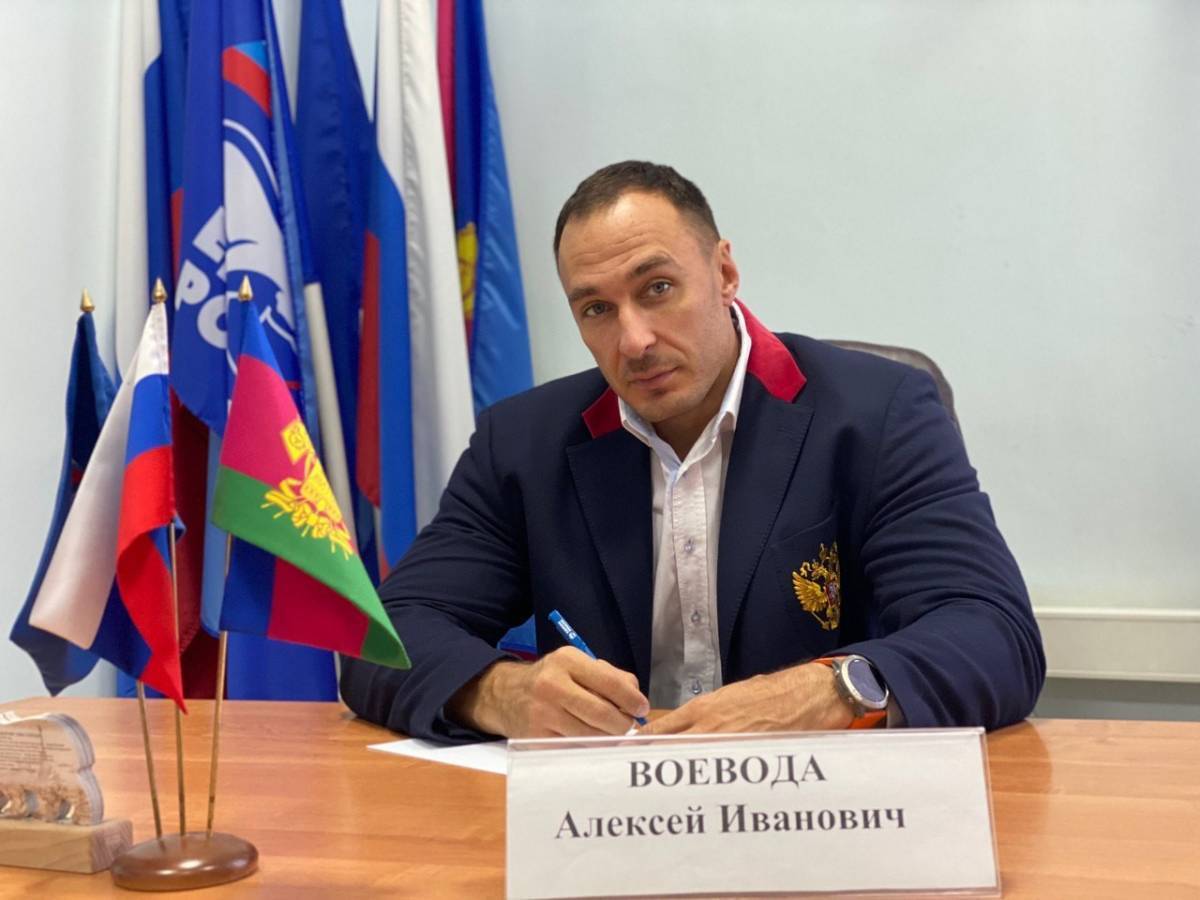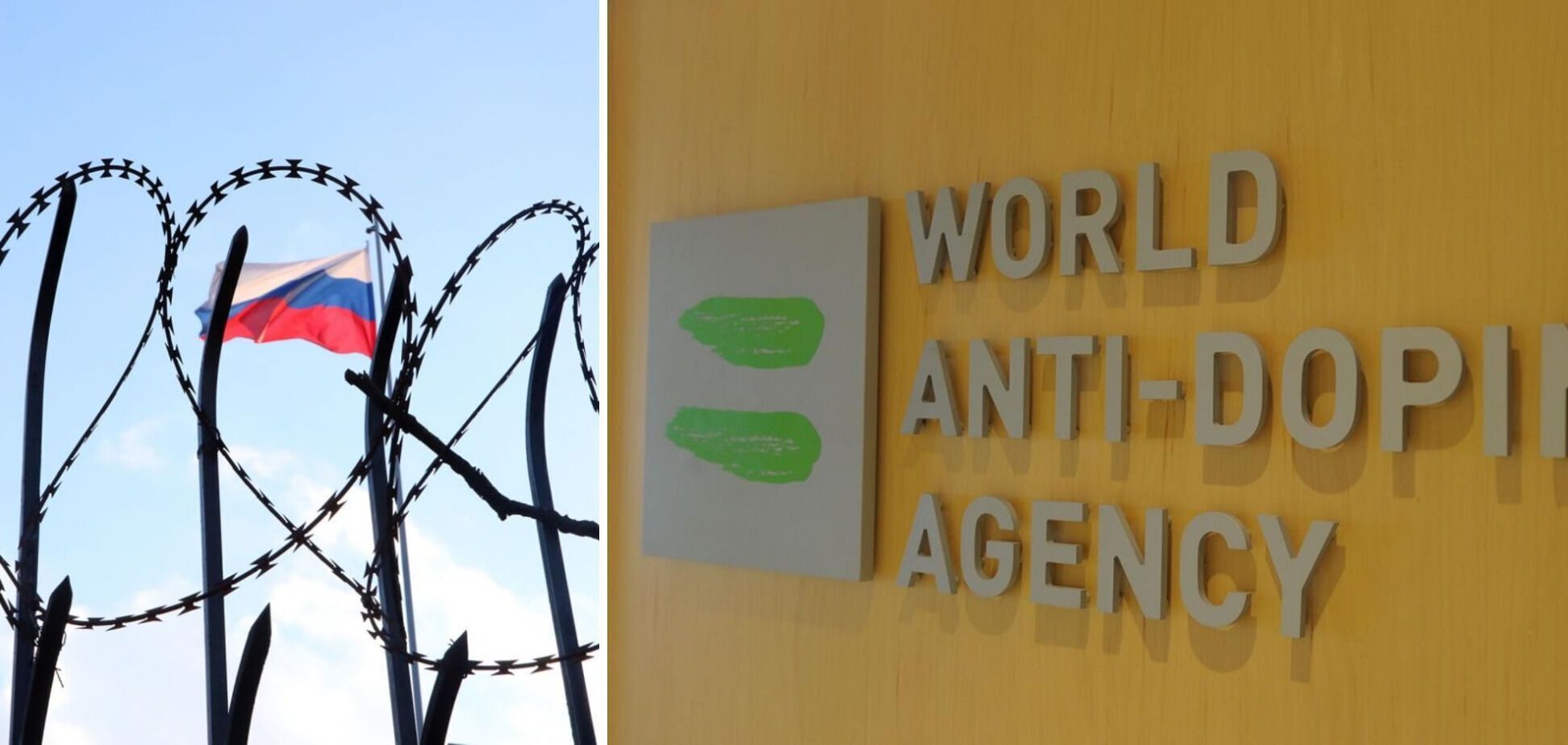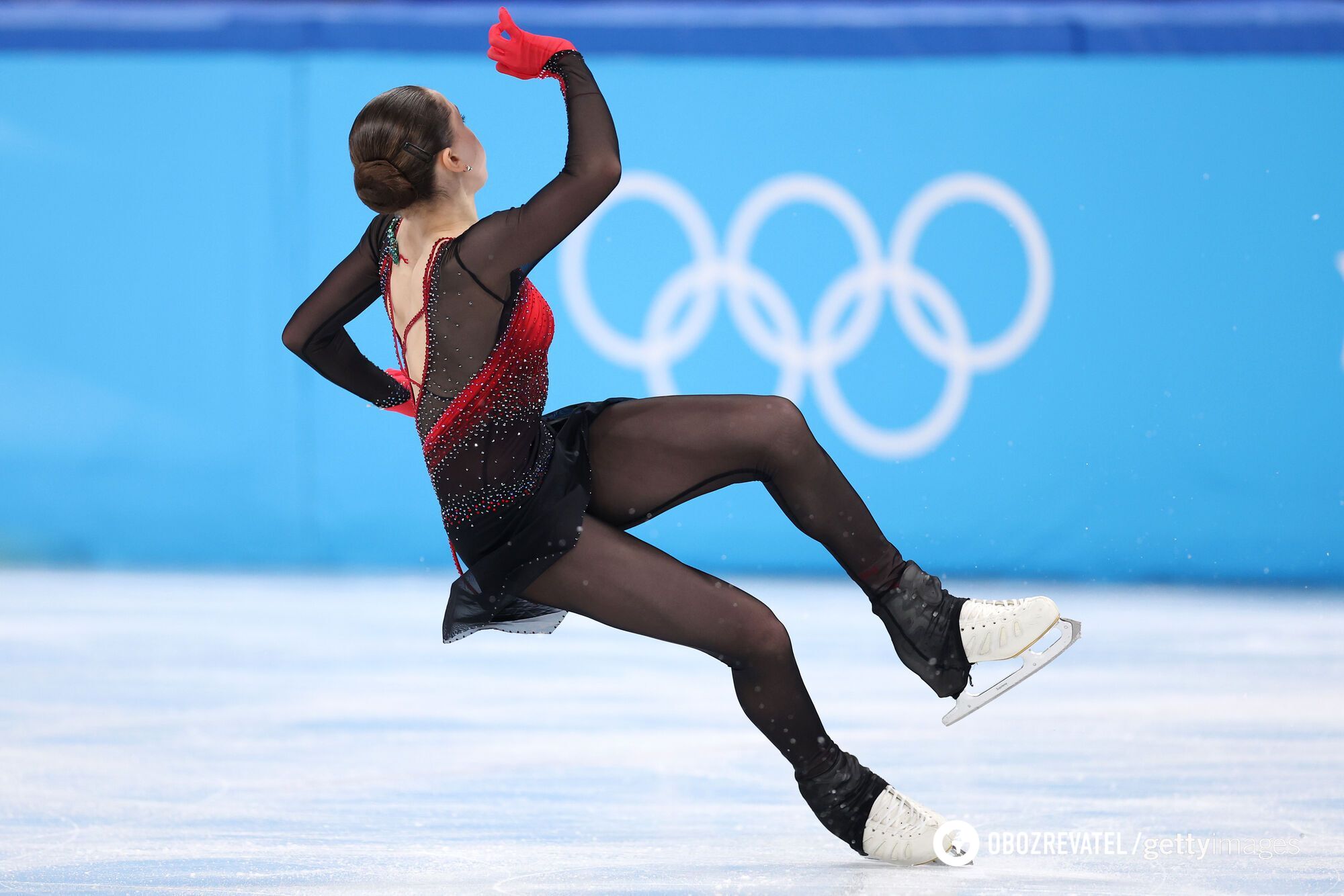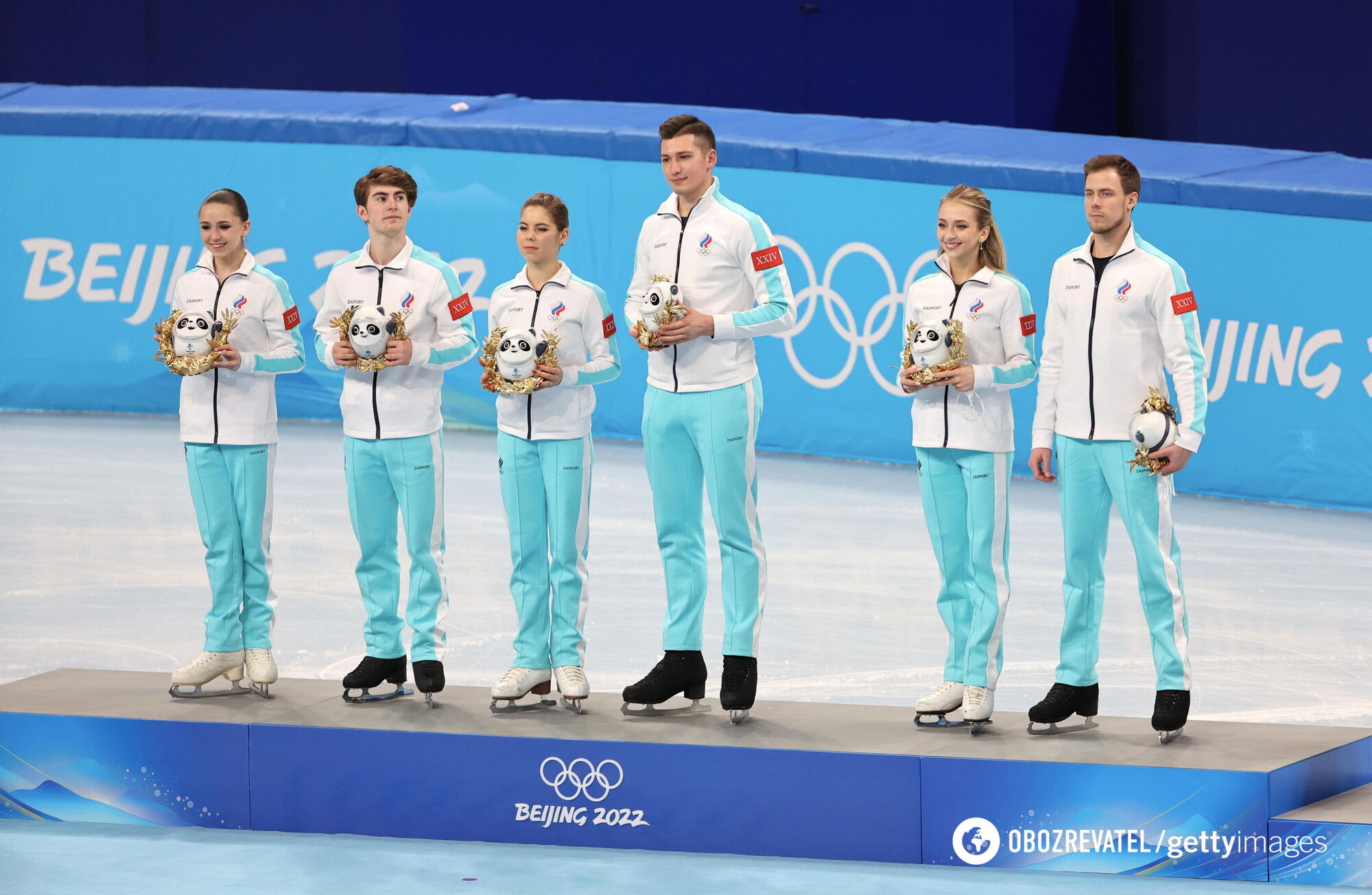Sport
"Everything is clear to everyone!" World champion from Russia calls Russia's guilt in sports impossible
Two-time Olympic medalist Alexei Voevoda has expressed an absurd belief that there is no state doping system in Russia. The world bobsleigh champion strongly disagrees with his disqualification after winning the 2014 Sochi Games and considers himself the legitimate champion.
Voyevoda said this in an interview with the propaganda news agency TASS. The former bobsledder added that he is seeking recognition as an Olympic champion in the aggressor country, and also accused the World Anti-Doping Agency (WADA) of slander.
{"imgSrc": "https://i.obozrevatel.com/gallery/2022/6/3/filestoragenewsgalleryimages.jpg", "imgWidth":730, "imgHeight":464, "title": "Russian Olympians at a rally-concert in Luzhniki.", "sourceTxt":"\"Kommersant\"", "alt":" "}
As a reminder, the 2014 Olympic Games in Sochi exposed the state system of banned substances used by Russian athletes, which was recognized even by Kremlin dictator Vladimir Putin. After reviewing the results of the Olympics, Russia was stripped of 11 medals.
It is worth noting that these days the Court of Arbitration for Sport in Lausanne (CAS) is considering the case of figure skater Kamila Valiyeva, who was caught using trimethazidine at the 2022 Games.
As OBOZREVATEL previously reported, American figure skater Vincent Zhou expressed his full confidence that Russian athletes are massively taking banned substances, which caused anger in Russia.
Only verified information is available on the Obozrevatel Telegram channel and Viber. Don't fall for fakes!


